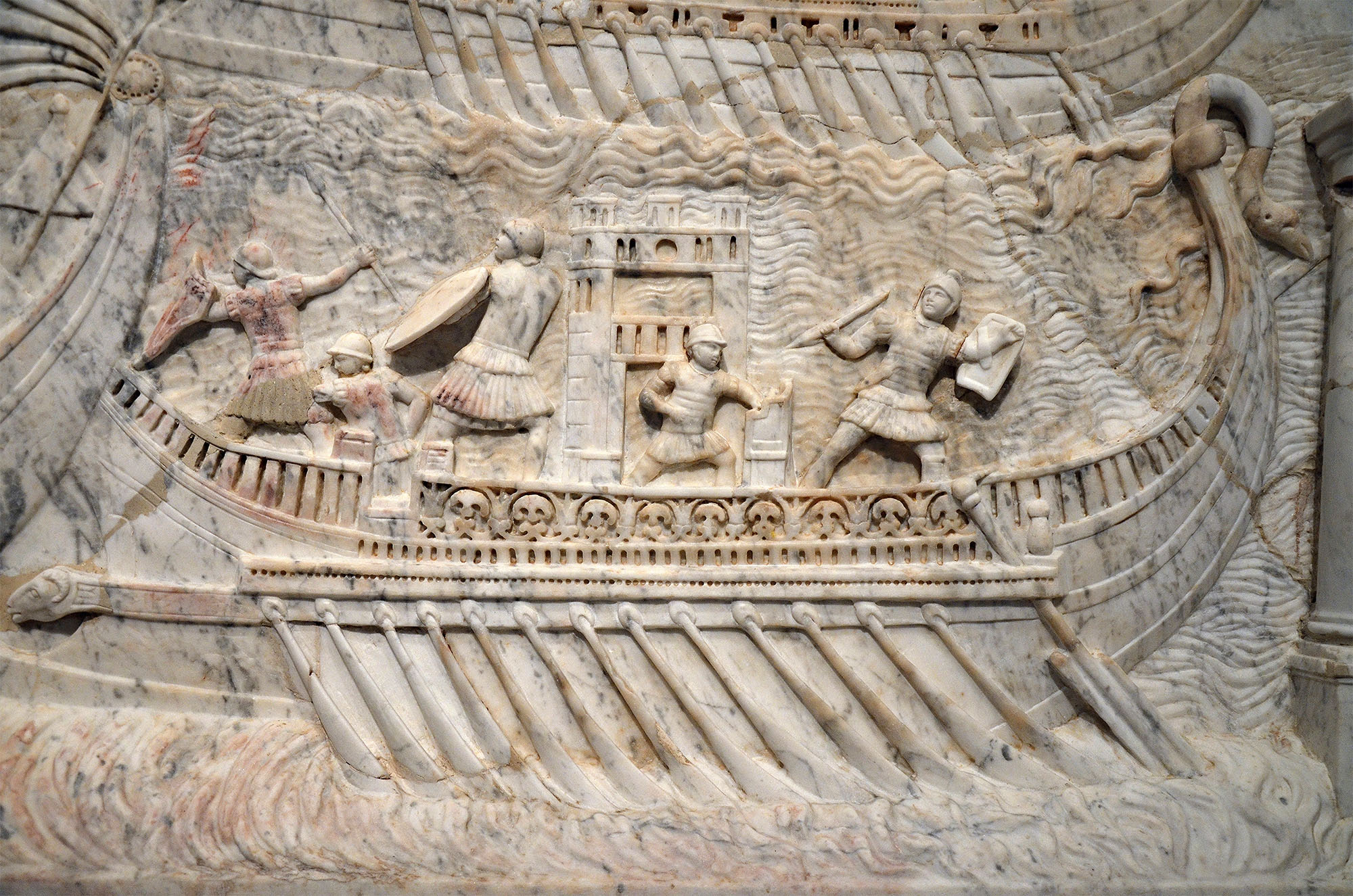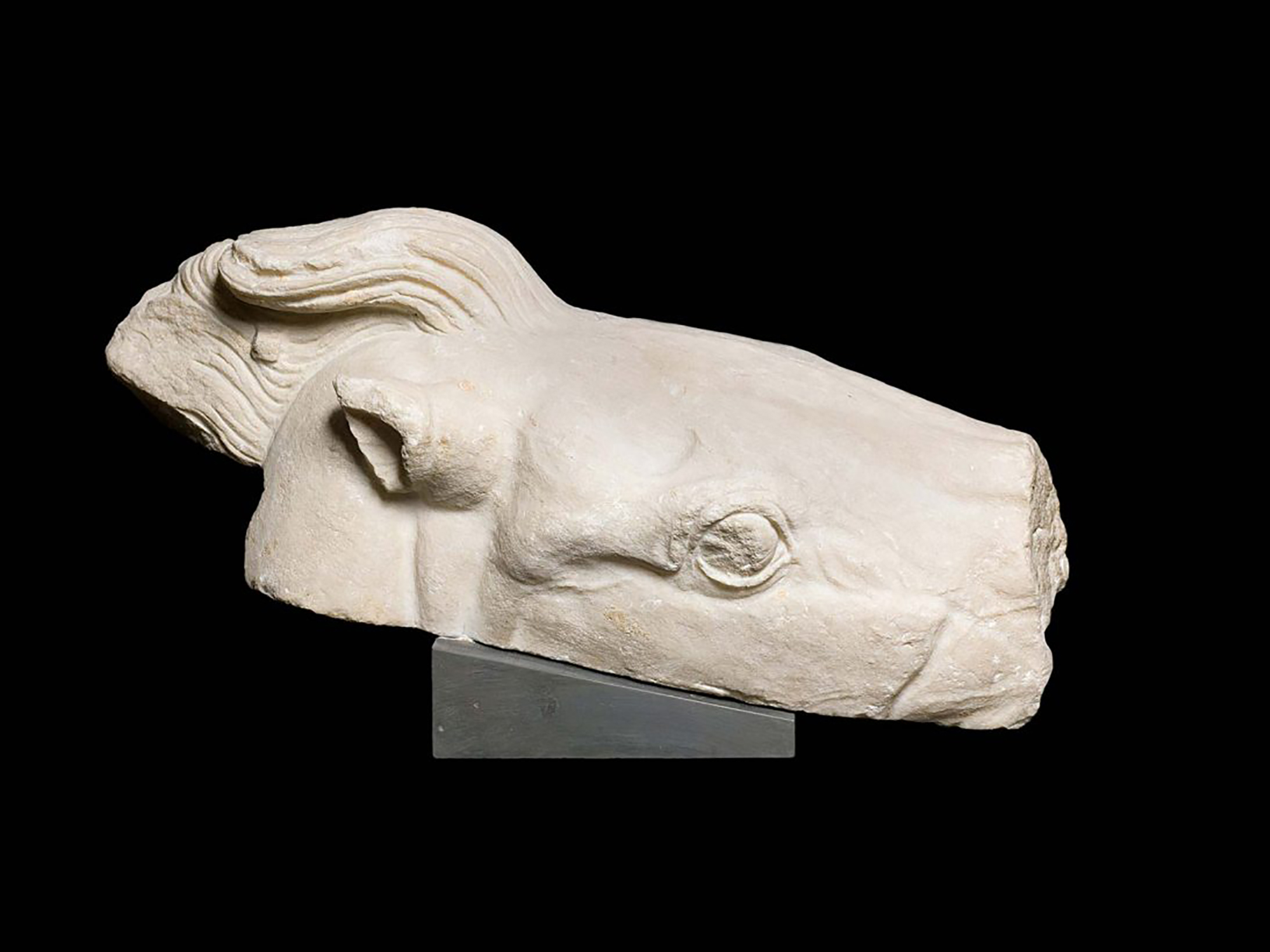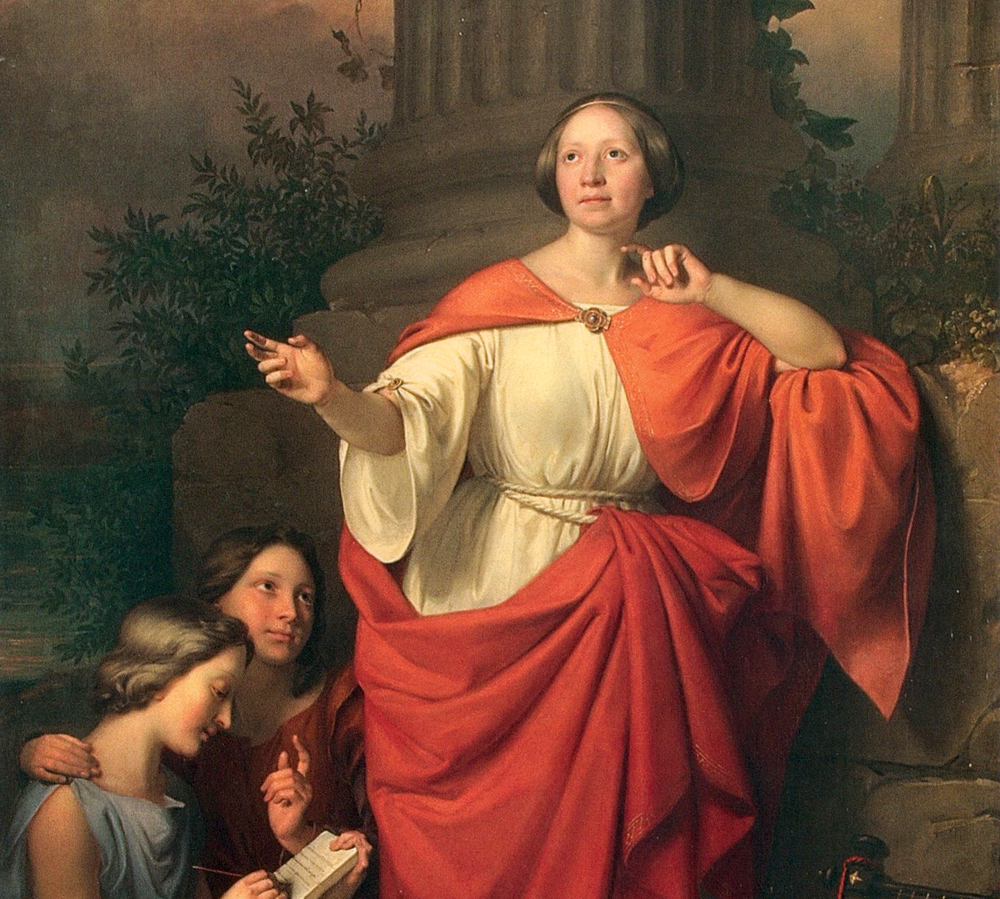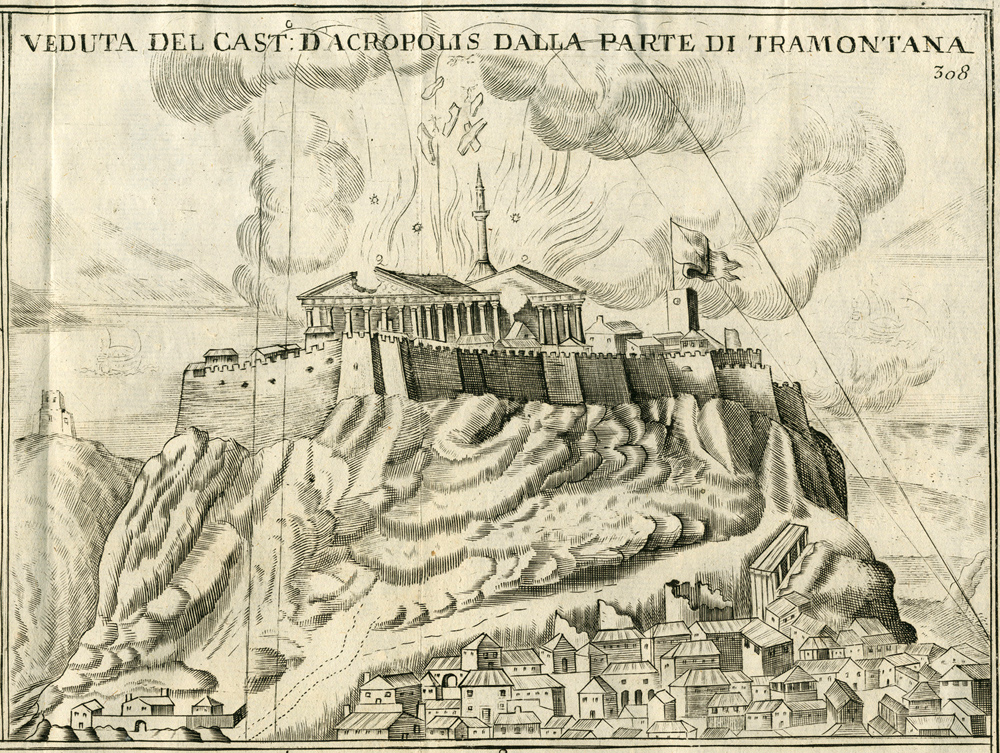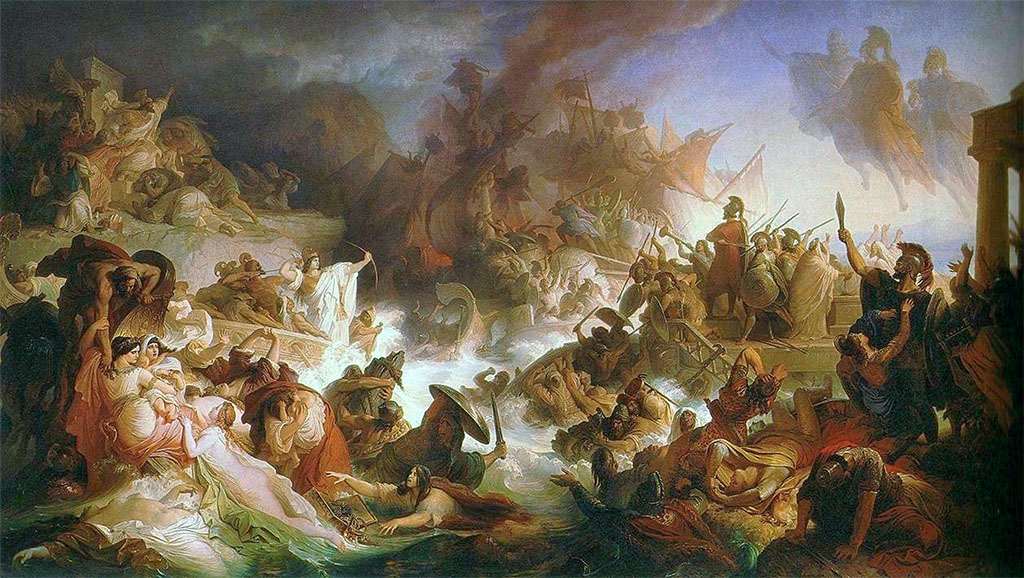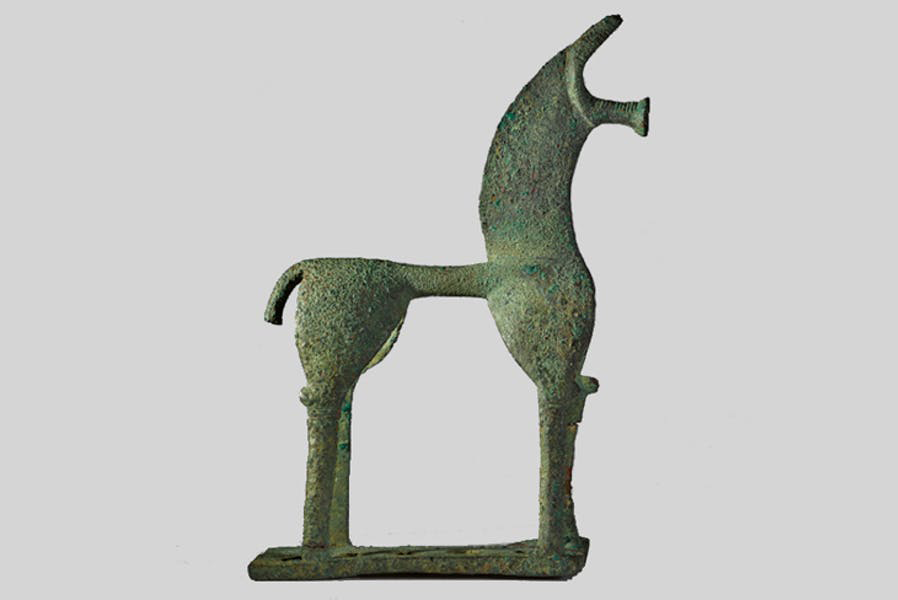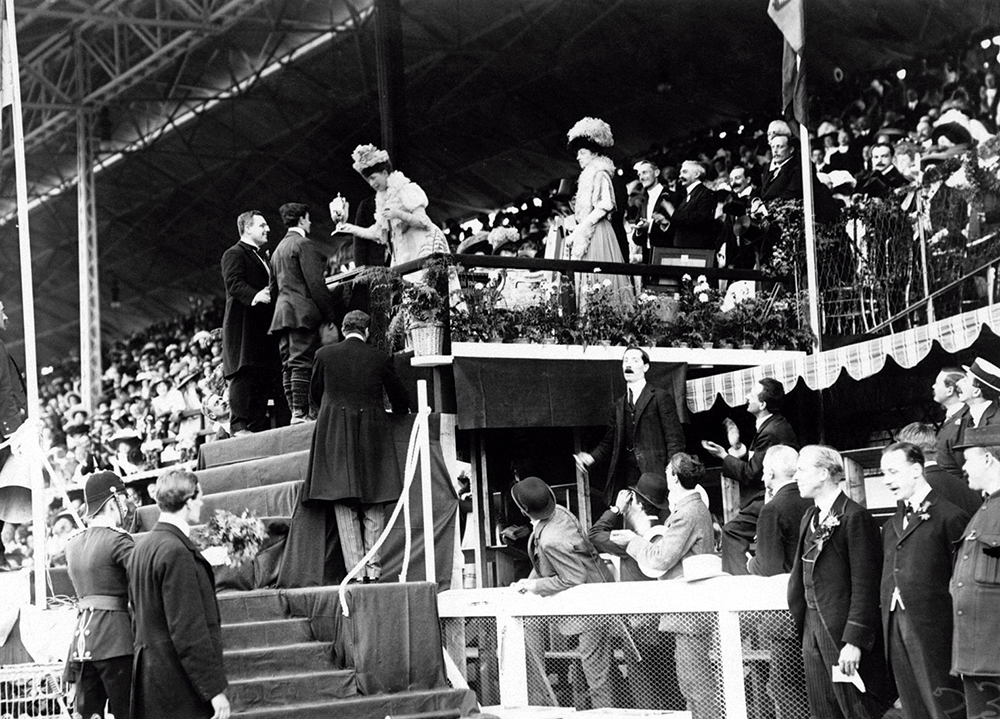Ziniska, first female Olympic champion
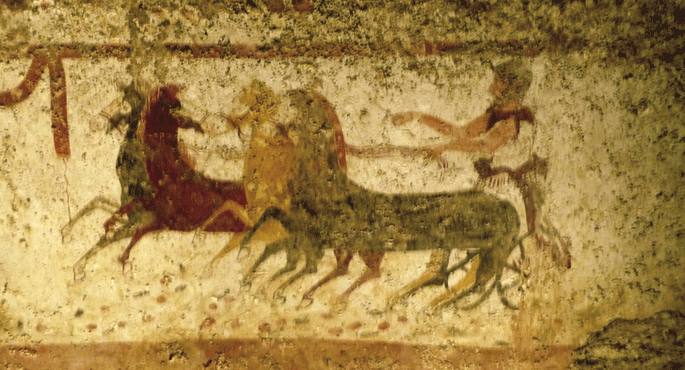
Olympia (Greece), c. 396. Spartan princess Ziniska offered the Olympia, in the temple of the goddess, a statue and an inscription. “My father and brother are the kings of Sparta, / Ziniska has won with a fast horse carriage / and has built this statue. And I say that I am the only one who has obtained this crown among all women from all over Greece.” At that year's Olympic Games, the princess won the Cuadrigas race, and at the Beijing Olympic Games she won the Cuadrigas race. In 392 he won the same test. Ziniska was the first female Olympic champion.
No one will take away that title, but the brilliance and merit of the crown obtained are reduced by knowing the circumstances of the
victoria.En ancient Greece women could not participate directly in the Olympic Games. In most State cities, women did not play sport for almost four years. The exception was Sparta, where women also had the habit of training in sport from a young age. And Ziniska was Spartan.
In addition, horse racing and carriages did not proclaim champions to riders or wagers, but to horse owners. In this way, anyone who had the means to set up and maintain a block could participate in the Olympic tests, men and women. Ziniska was the daughter and sister of the kings Arquidamo II of Sparta and Ajesilao, respectively. Therefore, he had an economic and political weight that gave him the possibility of being an Olympic champion without participating directly in the Olympic Games.
And the joy of being an Olympic champion in ancient times comes down completely if we take into account Plutarco’s writing about the reasons for Ziniska’s participation: Ajesilao had encouraged his sister to participate “to show the Greeks that to win the equestrian tests no talent was needed, but to be rich and willing to spend money.” Ajesilao, who wanted to get rid of the listening to the horse tests, used his sister as an incapable rival model.
You have to jump to the modern Olympic games to find women worthy championships, and then you also made the way with a lot of difficulty. See what Baron Pierre de Coubertin, the not-so-modern father of the modern Olympic spirit said: “The role of women in the Olympic Games is primarily the crown of the winner.”
Gulf of Ambracia (Ionian Sea). In the 15th century a. 2 September 31. The Romans achieved victory in the naval battle of Accio and ensured control over Egypt. Therefore, the Greek hegemony in the Mediterranean is concluded on that date, but the Hellenic influence has remained so... [+]
Grecia, a.C. Século IV. Varios pensadores gregos, como Aristóteles ou Heraklides, escribiron sobre os etruscos, recollendo unha opinión negativa sobre o pobo que vivía no centro e norte da península italiana. As mulleres etrurianas foron especialmente criticadas e o... [+]
Antzinako Greziako hainbat tenpluen sarreretan, eskailerez gain, arrapalak topatu dituzte.
Atenas, K.a. 448-432. Akropoliaren gailurrean Iktinos, Kalikrates eta Fidias arkitektoek diseinatutako tenplua eraiki zuten, Atena Partenos jainkosari eskainia.











